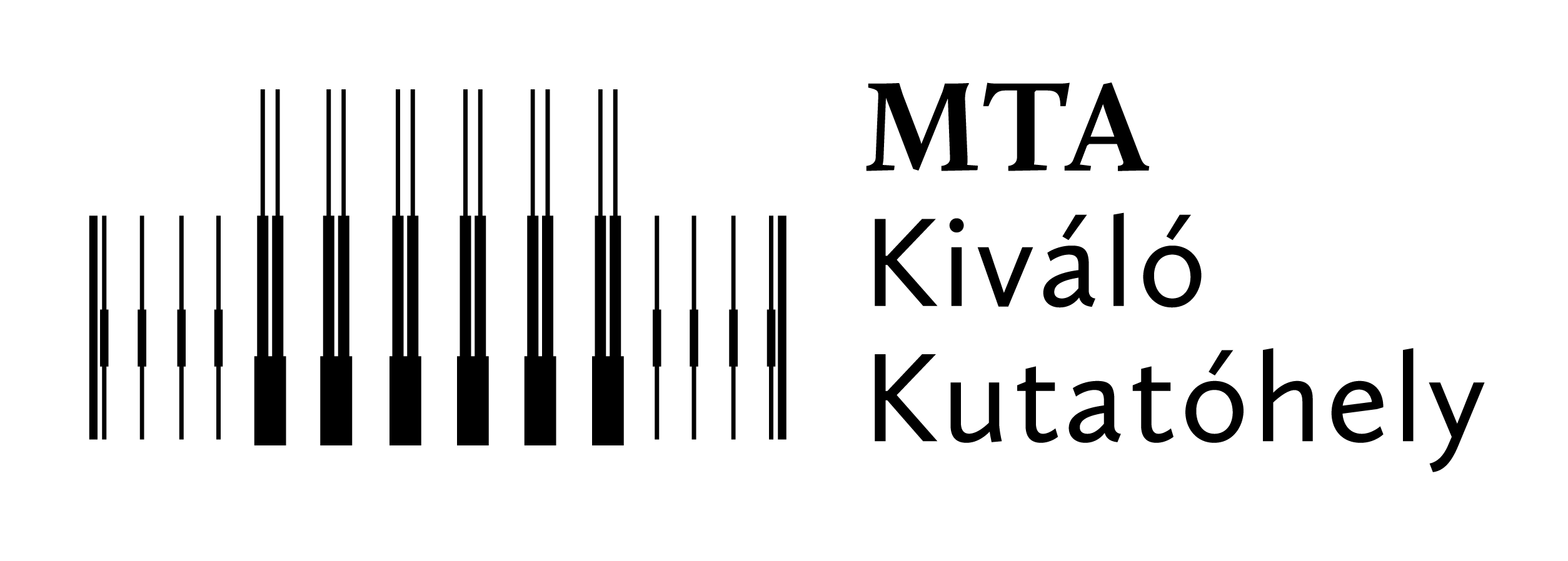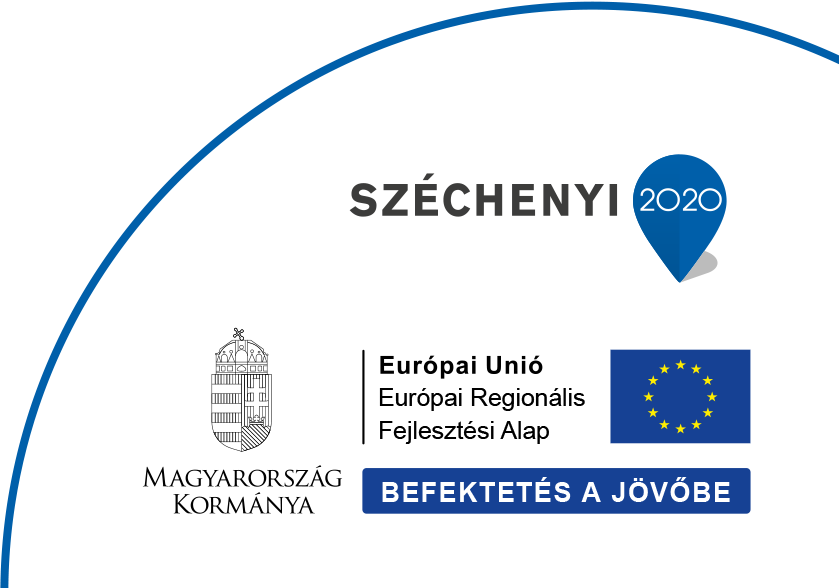A Wigner Kollokvium következő előadója Andrew Goodwin az Oxfordi Egyetem szilárdtestkémia-professzora. Előadása 2024.március 5-én 14 órakor lesz az 1-es épület tanácstermében (illetve online, link ld. a hír végén). Előadásának címe: Diffuse scattering studies of unconventional magnets.
Az előadás Zoomon is követhető: https://wigner-hu.zoom.us/j/86966499648?pwd=tQ4RjE9ighjcaIORorsGI7qBcMpaH9.1

Andrew Goodwin (Kép: University of Oxford)
Bővebben az előadóról:
Andrew Goodwin az Oxfordi Egyetem szilárdtestkémia-professzora. Ausztráliában született, tanulmányait Sydney-ben és Cambridge-ben végezte. Az előbbi egyetemen szervetlen kémiából, az utóbbiban pedig kristályfizikából szerzett PhD-t. Ezt követően elnyerte a cambridge-i Trinity College kutatási ösztöndíját. 2009-től az Oxfordi Egyetem munkatársa, 2014-től ugyanott egyetemi tanár, 2018-tól pedig kutatóprofesszor. 2023-ban az Egyesült Királyság nemzeti akadémiája, a Royal Society tagjának választották. Fő kutatási területe a szerkezeti rendezetlenség és a funkcionális anyagok fizikai tulajdonságai közötti kapcsolat vizsgálata.
Előadásának kivonata (angolul):
The incorporation of geometric frustration and/or low-dimensional motifs within magnetic materials can lead to a variety of unusual correlated spin structures that are intermediate to the random arrangement of paramagnets and the long-range periodic order of (anti)ferromagnets. Characteristic of such partial order is the presence of structured diffuse scattering in the neutron magnetic scattering function. This talk will discuss various methods for analysing this diffuse magnetic scattering, and will illustrate the insight it can provide into the unusual magnetic structures of a range of systems, including pyrochlore spin-ices [1], elemental Mn [2], garnets [3], and MnO [4]. The talk will conclude with a discussion of metal–organic framework chemistry as a route to new magnetic materials with unusual topologies [5] for application in magnetocaloric solid-state cooling.
[1] PRL 108, 017204 (2012)
[2] PRL 110, 267207 (2013)
[3] Science 350, 179 (2015)
[4] PRB 97, 014429 (2018)
[5] PRL 128, 177201 (2022)



